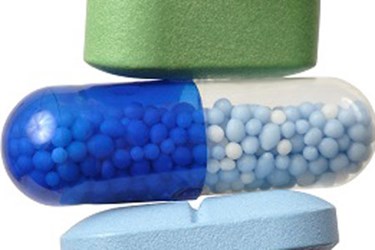Johns Hopkins Drug Shows Potential Combatting Heart Disease

A research team at Johns Hopkins University is designing a heart disease drug that has the potential to dramatically change the way the medical community treats patients with cardiovascular problems. The drug, D-PDMP, was developed at John Hopkins by a team of researchers led by Dr. Subroto Chatterjee. D-PDMP stops atherosclerosis and changes the way that the fat metabolism process works. Researchers believe the drug has the ability to significantly reduce and even completely eliminate the excessive buildup of cholesterol in human arties that cause heart attacks and other adverse cardiovascular events.
The researchers studied D-PDMP in mice and rabbits during clinical trials, finding that D-PDMP eliminated cholesterol build-up in mice being treated with the drug. Dr. Chatterjee compared the drug’s ability to cleanse arteries to the way that drano clears out plumbing. “Our drug, we hope, will prevent [or delay] the rise in cholesterol and fat and thus prevent thickening /hardening of the blood vessel. This is like the use of Drano to clean up our plumbing at home,” said Chatterjee.
John McEvoy, a cardiologist in preventive cardiology at Johns Hopkins University, said that further research is necessary because new cholesterol drugs can sometimes have adverse side effects. “It’s always very important when a new mechanism for treating cholesterol and heart disease comes about. This pathway and new treatment are very exciting in that regard. However, the next step for these researchers will be making sure there are no side effects of the drug that are harmful to humans,” said McEvoy.
The D-PDMP research was published in the journal Circulation.
